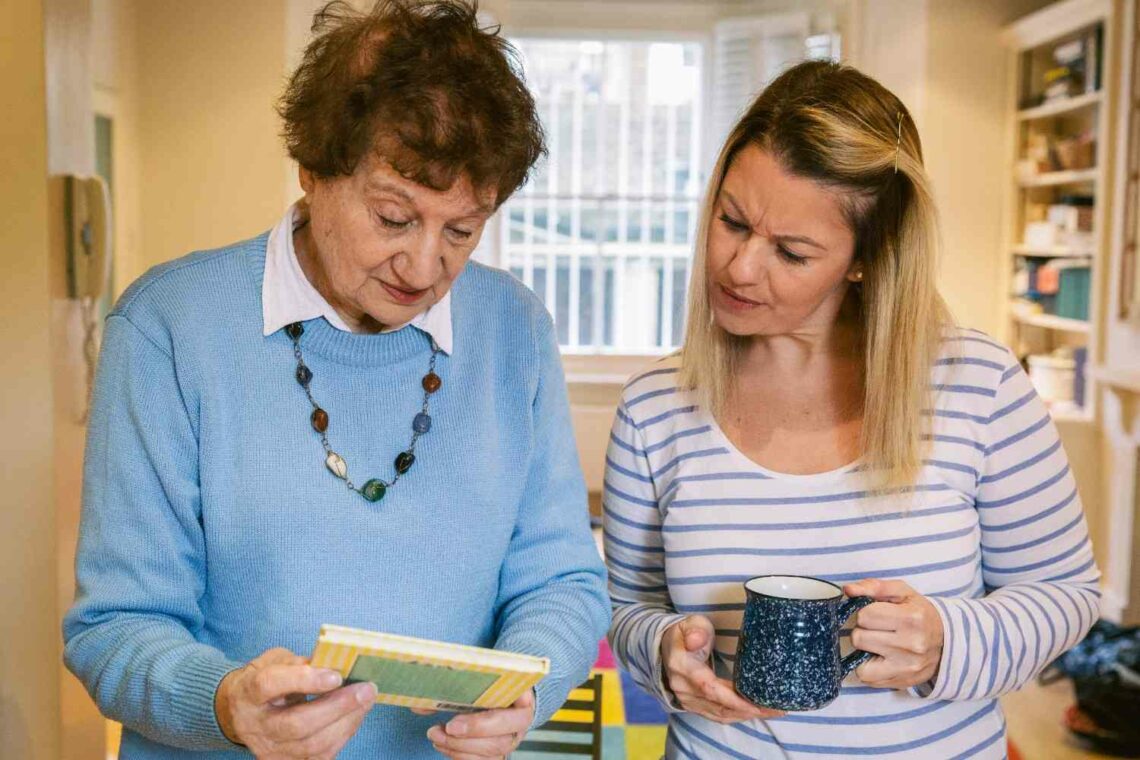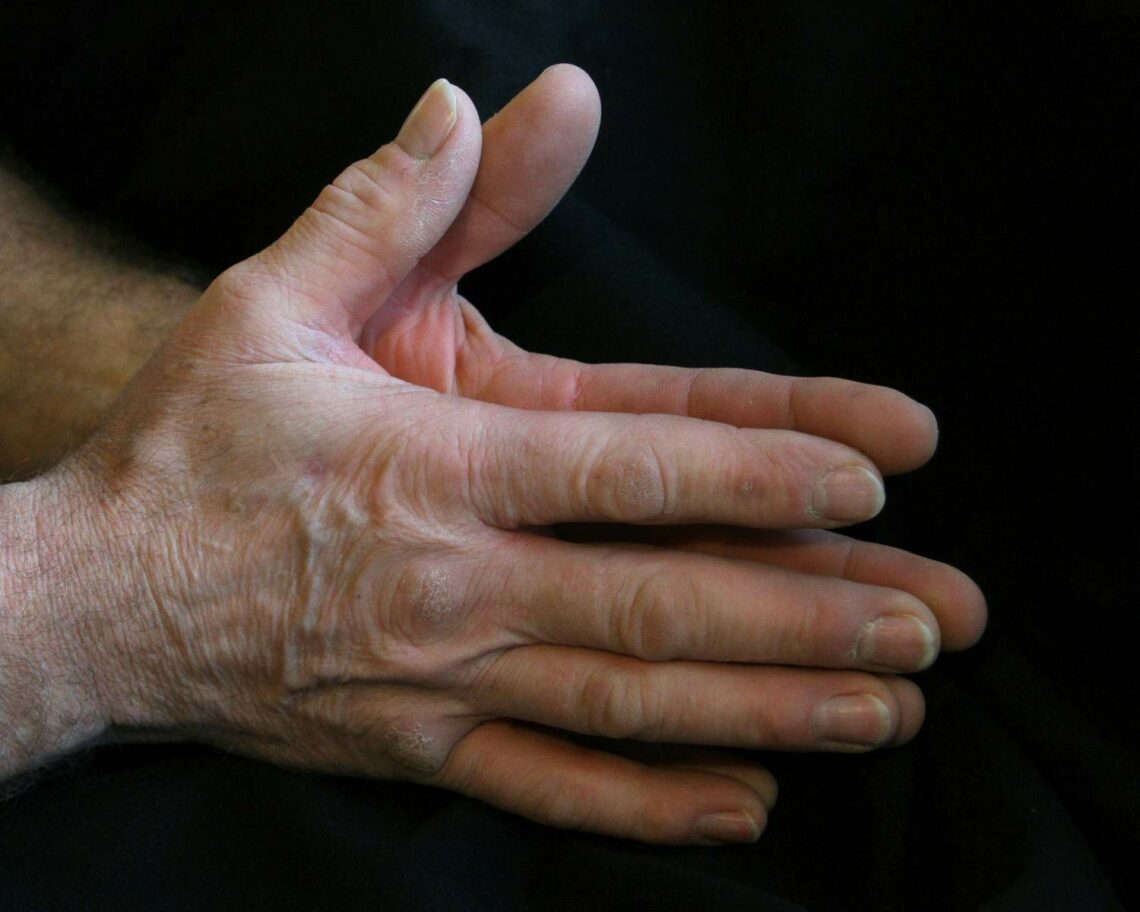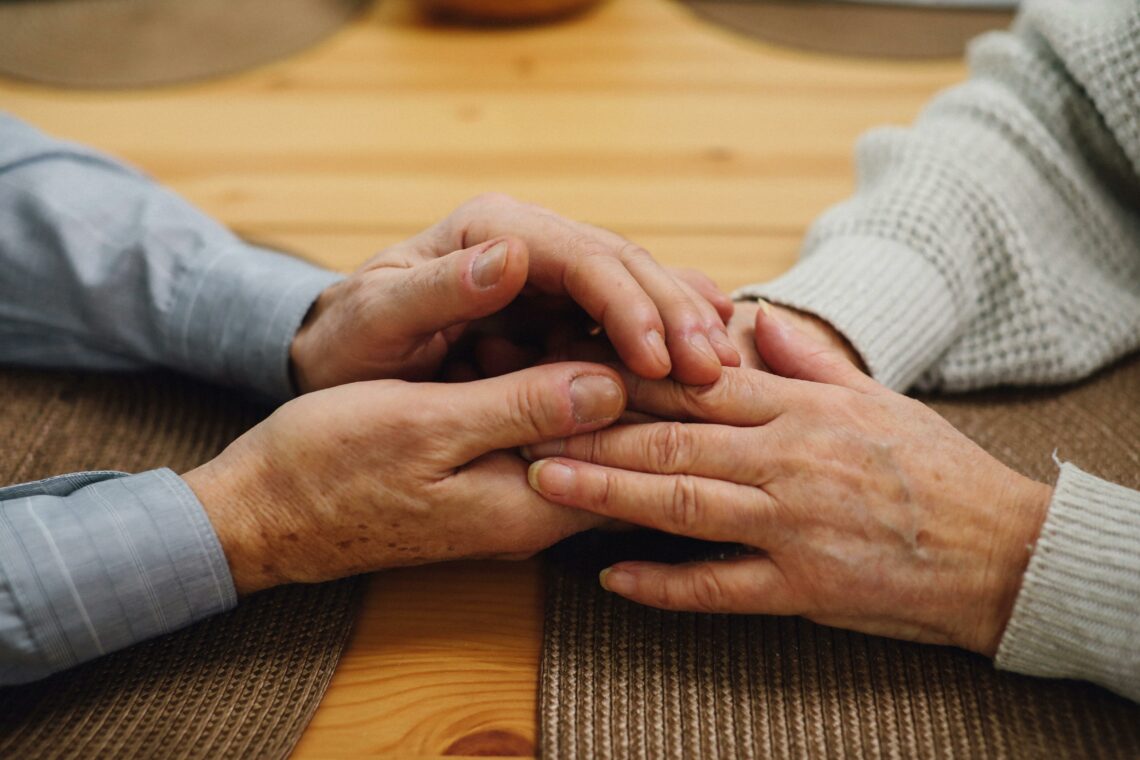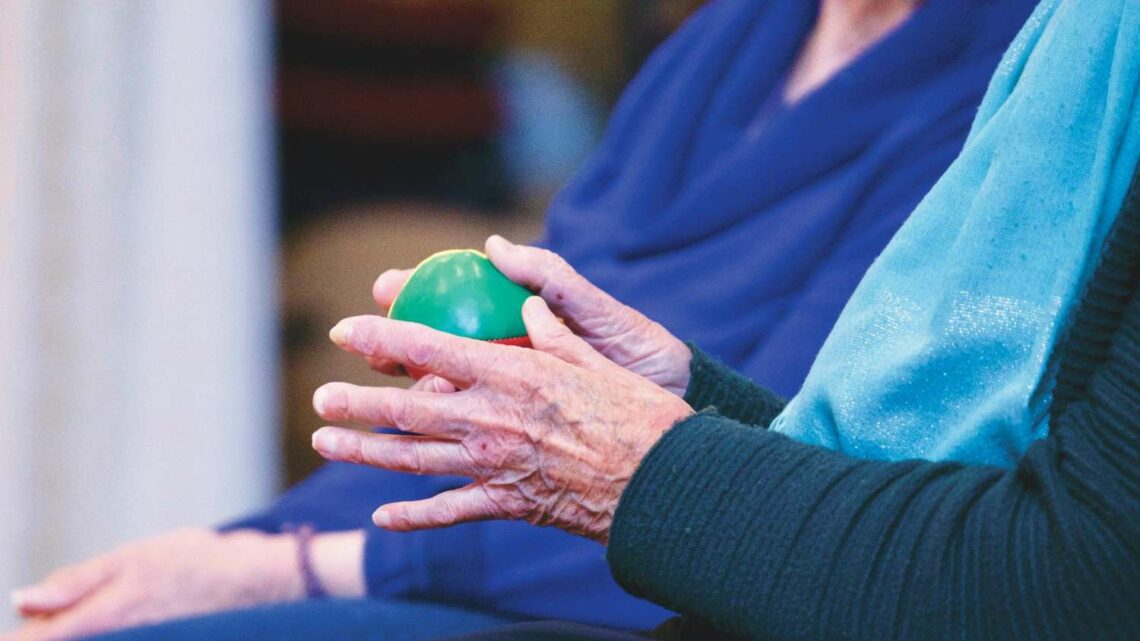Articles related to
Conditions
How is dementia care coordinated alongside other health conditions?
February includes both World Cancer Day (4 February) and Heart Month. Together, they highlight an important reality for many families: people living with dementia often manage other health conditions at the same time. Heart disease, cancer, diabetes, and stroke are…

How heart disease affects the respiratory system
As a doctor-founded care service, we understand how heart disease affects daily life and breathing. Our clinical team regularly supports families managing these complex conditions at home. This guide explains the connection between heart and lung function, helping you recognise…

What Are Arthritis Nodules?
Arthritis nodules are lumps that develop in people with certain types of arthritis. These firm bumps most often appear around joints – particularly the fingers, elbows, knees, or heels – and can be concerning when first noticed. Arthritis nodules are…
Would you like to know more about Hometouch's high quality live-in care service?

The effects of Alzheimer’s on the body
Alzheimer’s disease affects more than memory and thinking. The brain controls every movement and process in the body, so as brain cells become damaged, physical changes follow. Your loved one’s movement, appetite, and coordination can all be affected. Understanding these…
Speak to one of our knowledgeable care advisers about Hometouch’s high quality live-in care service

How does a person die from dementia?
For families living with dementia, one of the hardest questions to ask is how it causes death? Dementia is more than memory loss; it’s a progressive brain disease that gradually affects every part of the body. This article explains what…

When do dementia patients need 24-hour care?
Deciding when someone living with dementia needs 24-hour care is one of the most difficult decisions families face. As dementia progresses, daily activities become more challenging and safety concerns increase. Many families worry about acting too early… or waiting too…

Rapidly progressive dementia: What caregivers need to know
Rapidly progressive dementia (RPD) is a rare condition that causes a decline in memory, behaviour, and physical ability. While most forms of dementia develop over years, RPD progresses within weeks or months. This rapid change often leaves families struggling to…

Holiday routines and dementia: Why consistency matters during the festive season
The festive season brings joy and togetherness for many families. But for people living with dementia, Christmas can also bring confusion, distress, and loneliness. Disrupted routines trigger anxiety and agitation. Understanding how to support someone with dementia during the holidays…

What Does Arthritis Feel Like?
If you’ve wondered whether your joint pain or stiffness could be arthritis, you’re not alone. Arthritis affects more than ten million people in the UK and can change how you move, feel, and live each day. Arthritis pain varies from…

Managing dementia and diabetes at Home
It is estimated that more than 5.8 million people in the UK are living with diabetes. Among older adults, managing the condition requires daily attention. When someone is also living with dementia, the challenges increase significantly. Tasks like remembering medication,…
Apply for live-in care jobs
Hometouch has been one of the best companies I have worked for in the care sector! I have always been told I’m appreciated and been made to feel like it too. I’m so happy to be a part of the Hometouch team
Shaheen

£750 - £900 per week. Double bank holiday pay
You choose your own clients
Clinical support
Free training, webinars and supervision